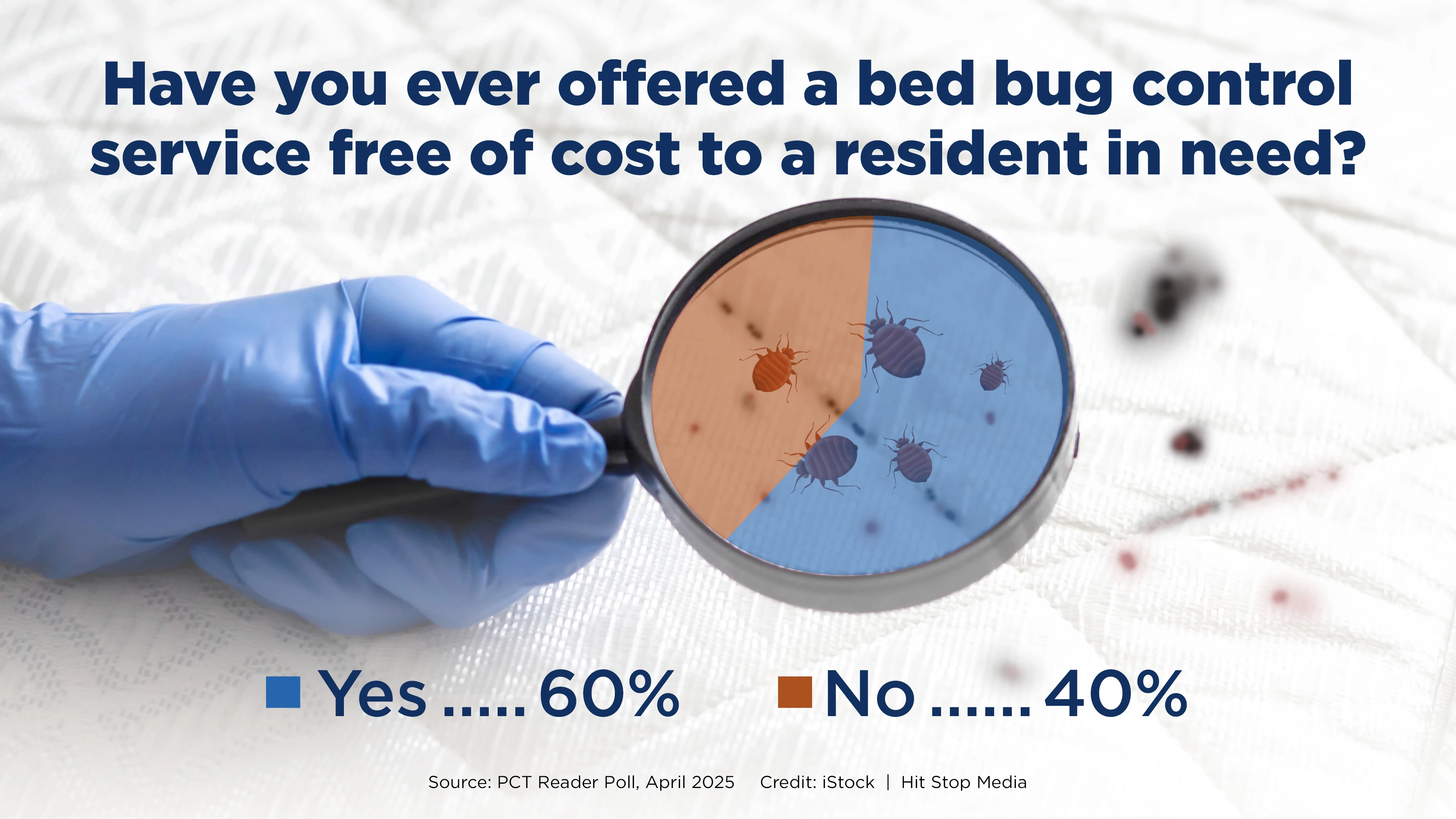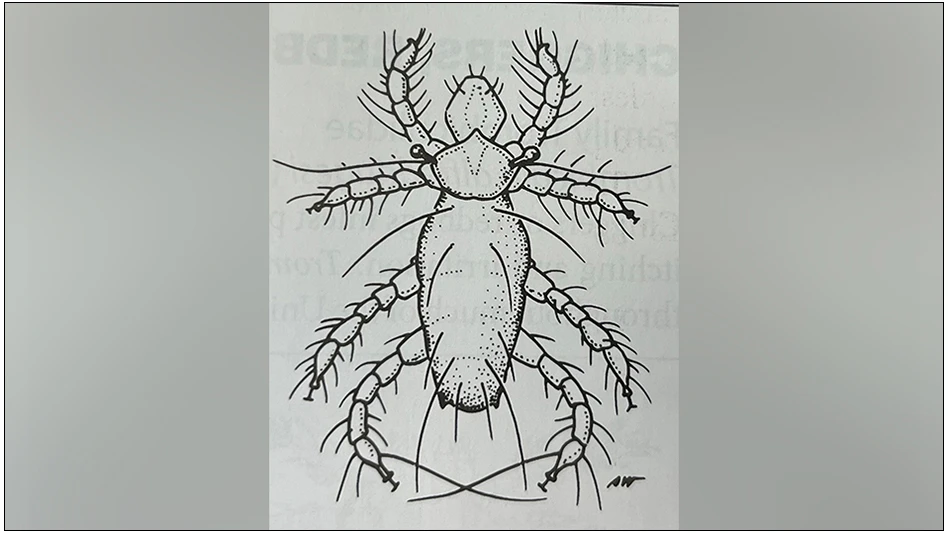
Facebook is constantly tweaking its News Feed algorithm, making it harder and harder for brands to communicate with consumers without putting advertising dollars behind their efforts. Most recently, the social media powerhouse said it will prioritize posts that help users “have more meaningful social interactions” with family, friends and groups. Live video falls into this category and is one of the post types that will show higher in News Feeds, according to Adam Mosseri, head of News Feed at Facebook. So, if you’re not already taking advantage of Facebook Live Chat, now is as good a time as any to consider giving this free tool a go.
Inspired by other live-streaming platforms like Periscope and Meerkat, Facebook Live Chat was rolled out worldwide in early 2016 to address the growing desire for more real-time content and updates. The feature has really become an esteemed one for companies, consumers and media outlets alike, especially from an engagement perspective. An often untapped resource for many brands on Facebook, Facebook Live Chat could be the key to helping your pest control company stand out from the hustle and bustle of your followers’ News Feed content.
THE BASICS. Only administrators to your Facebook page or those granted access as a live contributor can stream from a page, so your first step should be to make sure your spokesperson has proper access. You can add, adjust or assign new page roles in your page settings. Then, you’ll need to determine the location for the Facebook Live Chat. Aim to go live in a space with good lighting and ensure distracting background noise is kept to a minimum.
Facebook also recommends using WiFi when going live, but a 4G connection will work too. Note that the “Go Live” button will be greyed out if the signal is too weak. Make sure to hold your phone horizontally during the chat for more visual real estate. While broadcasting live, you may see viewers reacting to your video and commenting. Whenever possible, respond and react to these inquiries live. Mentioning commenters by name when answering their question is always a nice, meaningful touch. However, you also have the option to circle back and reply in the comments section after a Live Chat has ended. Going live from your phone? Think about having a partner around to help with filming and to share live questions with you. A tripod would also be useful to avoid an arm cramp!
COMPELLING & VISUAL TOPIC. Think about topics that are timely and will be useful content for your followers to take with them. For example, the PestWorld Facebook page conducted a Facebook Live Chat hosted by our chief entomologist at the start of summer about how to check for bed bugs while traveling. In December, the page went live from a Christmas tree farm to discuss tips for a pest-free holiday. A demonstration in a unique setting or some quick tips on a pest that is prevalent during a specific season would all be great information to share with your followers and potential customers. Once you decide on a topic, take the time to prepare, as Facebook recommends trying to stay live for at least 10 minutes for optimum engagement.
Although Facebook Live Chat is a more casual video experience, it is important to consider your talking points, any props you may need and feel comfortable with the material you are sharing before going live. Remember, YOU are the subject matter expert!
THE PROMOTION. Both pre- and post-promotion of the Facebook Live Chat are essential for success and driving those views. About a week before the Facebook Live Chat, create a Facebook Event with the date, time and information on the topic. This will allow followers to RSVP and be prompted to tune in at a certain time to increase the number of live viewers. Post about the upcoming Facebook Live Chat on your timeline a few times ahead of the chat, too, to generate buzz. Consider asking fans to submit questions beforehand if you’re open to a live Q&A. Gathering questions in advance allows for a more organized and structured broadcast and encourages fans to watch longer to see if their question is answered.
Once the live session has ended, be sure to save your video and publish it to your page to capture extra views. If you don’t take this step, the video will be gone forever. If budget allows, consider boosting these posts to drive extra engagement. Fifty dollars can go a long way in garnering video views on Facebook.
THE PERKS. Facebook Live Chat comes with a lot of benefits for brands. It creates authentic and unique content for fans. It serves as a useful resource to avoid “cookie cutter” content and is a cost-effective strategy for capturing video content that also can be repurposed for other marketing efforts. It provides a personal way to connect with fans, puts a face and voice to your company name, and builds excitement among followers. Plus, it’s a great way to drive buzz leading up to a certain time of year when specific pests are a problem or to announce a new service offering. It allows companies to respond and interact with fans and potential customers in real-time and, as another added benefit, it can help drive traffic to your Facebook page.
STILL SHY? According to Sproutsocial.com, more people are live streaming than ever before, with Facebook video posts growing by around 94 percent a year in the U.S. alone. Facebook Live videos experience six times the engagement of typical videos shared on social media. Just think about how many times you’ve stopped to watch a Live Chat or view video content on Facebook. It grabs a user’s attention for an extended period of time — something that is not so easy to do in this day and age of social scrolling. So, why not give it a whirl and try out another way to talk with your customers about the dangers of pests and how to prevent them from infesting homes?
If you’re an investor of the Professional Pest Management Alliance, visit PPMAMainframe.org to access a how-to guide for getting started on Facebook Live Chat. If you’d like information about becoming an investor and gaining access to other helpful marketing materials, feel free to reach out to me (see contact info below).
Cindy Mannes is executive director of the Professional Pest Management Alliance and vice president of public affairs for the National Pest Management Association. She can be reached at cmannes@pestworld.org. Learn more about PPMA at www.NPMApestworld.org/PPMA.
WANT MORE?
Enter your email to receive our newsletters.

Explore the June 2018 Issue
Check out more from this issue and find your next story to read.
Latest from Pest Control Technology
- Target Specialty Products, MGK Partner for Mosquito Webinar
- Cockroach Control and Asthma
- FORSHAW Announces Julie Fogg as Core Account Manager in Georgia, Tennessee
- Envu Introduces Two New Innovations to its Pest Management Portfolio
- Gov. Brian Kemp Proclaimed April as Pest Control Month
- Los Angeles Ranks No. 1 on Terminix's Annual List of Top Mosquito Cities
- Kwik Kill Pest Control's Neerland on PWIPM Involvement, Second-Generation PCO
- NPMA Announces Unlimited Job Postings for Members







